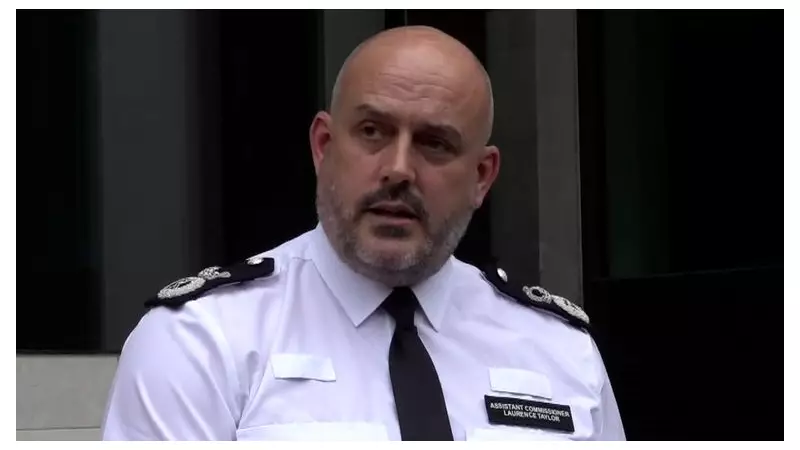
A stark warning has been issued by one of Britain's most senior counter-terrorism officers, revealing that mental health services are being pushed to their limits and lack the capacity to handle the growing number of referrals.
Commander Dominic Murphy, who leads the Metropolitan Police's Counter Terrorism Command, expressed serious concerns that the current system is failing to adequately support vulnerable individuals who come to the attention of security services.
The Strain on Prevention Services
Murphy highlighted that when police identify someone who may be at risk of radicalisation but appears to be primarily struggling with mental health issues, they refer them to specialist NHS services. However, he revealed that these services are increasingly unable to accept these referrals due to overwhelming demand.
"We're finding that the mental health services don't have the capacity to take some of the referrals we're making to them," Murphy stated, emphasising the gravity of the situation.
Potential Security Implications
This capacity gap creates a dangerous void where individuals who might pose a security risk could slip through the net. Murphy explained that while terrorism remains the primary concern for his team, many cases involve complex mental health needs that require specialist care beyond what police can provide.
The commander's warning comes amid growing concerns about the state of mental health services across the UK and how this might impact national security strategies.
A Systemic Problem Requiring Urgent Attention
This situation underscores a critical intersection between healthcare provision and national security. Murphy's comments suggest that without adequate mental health support, prevention efforts could be compromised, potentially putting the public at greater risk.
The revelation raises urgent questions about resource allocation and whether mental health services are receiving sufficient funding to handle their vital role in the broader security ecosystem.





